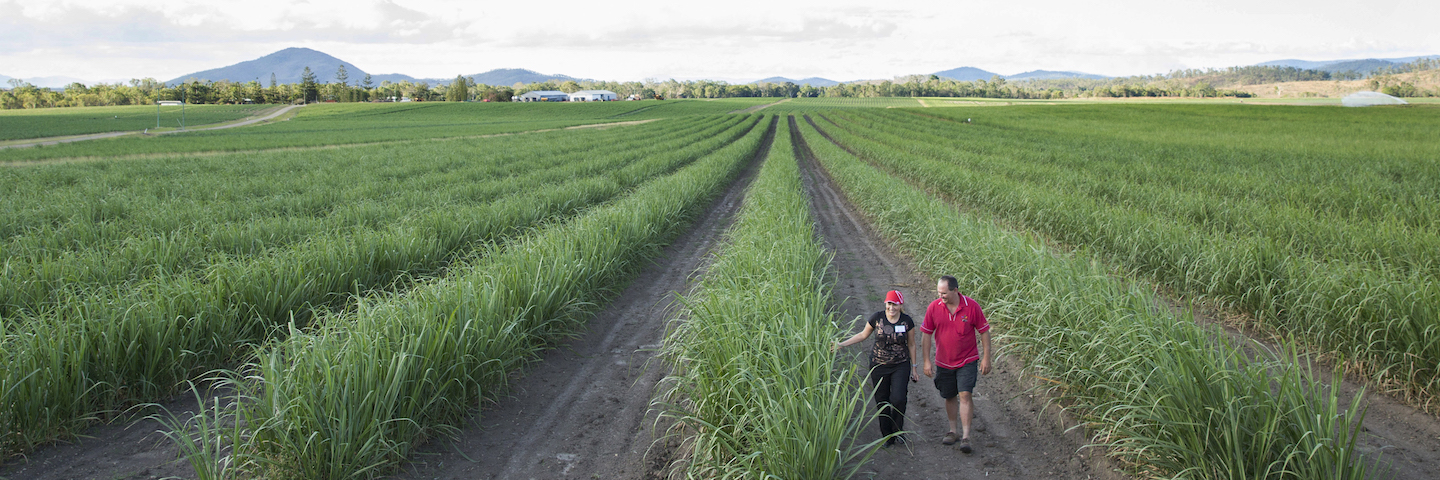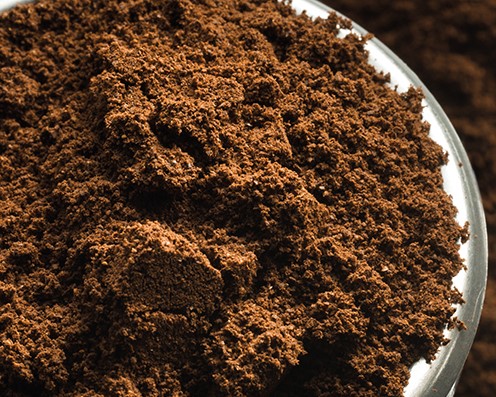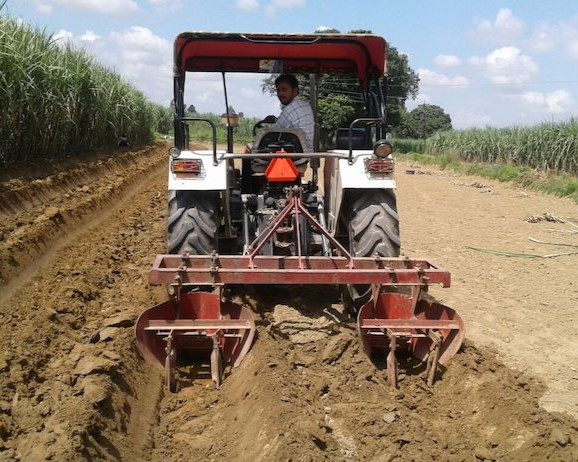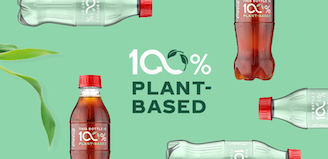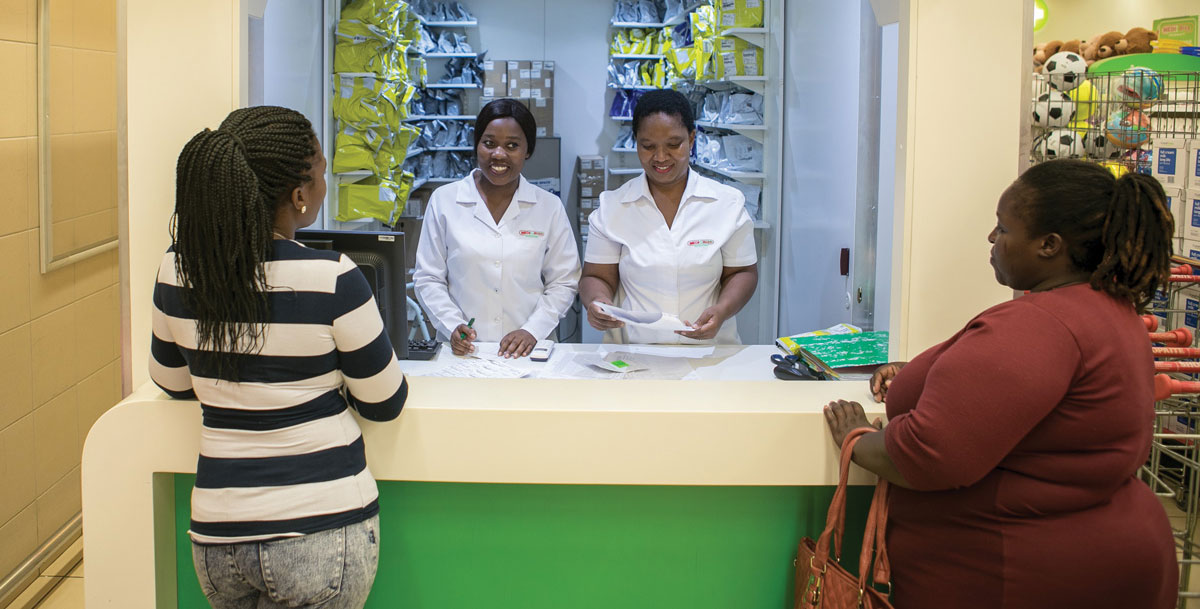Cultivating Ingredients Better
We source a wide range of ingredients from agricultural raw materials such as sugarcane, sugar beet, corn, fruits, coffee, tea and soybeans as well as pulp and paper from complex global supply chains and an expanding range of new ingredients like nuts, herbs and dairy.
The quality and integrity of our products depends on a sustainable supply chain with successful and thriving farming communities and ecosystems.
We believe investing in agriculture creates a nexus for solutions on interrelated issues such as human rights, water security, climate resilience, greenhouse gas (GHG) emissions reduction and women’s empowerment. We work with our suppliers and a range of partners to help create systemic change in our agricultural supply chain.
Engaging our suppliers
Through internal Coca‑Cola initiatives and programs with our suppliers and other third-party stakeholders, we continually seek to increase compliance with the Leader standard for the sourcing of our agricultural ingredients.
We do not buy agricultural raw materials directly from farms, but mostly processed and refined ingredients from suppliers. Therefore, it is very important to us to work with our suppliers to engage their farm base, with an emphasis on collaboration and continuous improvement.
We are also committed to collaboration across the wider industry and support credible third-party standards to simplify assurance and certifications for the farmers in our supply chain. For example, the Farm Sustainability Assessment of the Sustainable Agriculture Initiative (SAI) Platform, the Bonsucro sustainable cane standard and Rainforest Alliance certifications are three of the leading standards we support.
In addition, we engage directly with farmers in key sourcing regions to help address material issues in our agricultural supply chain.
Connections to Other Sustainability Priorities
Our agriculture strategy is linked to our other priority workstreams including water, emissions, waste, women’s empowerment and human rights.
